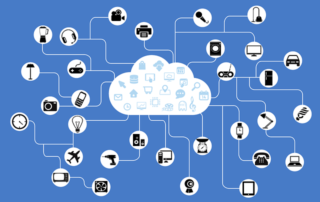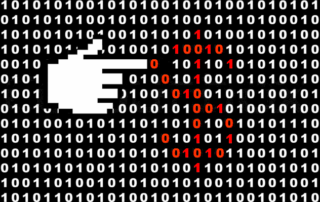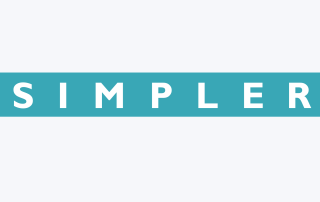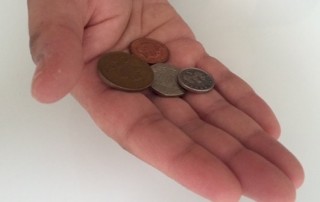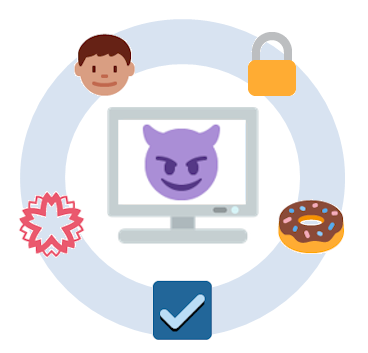Three Ways the Internet of Things Is Shaping Consumer Behavior
The interconnection of devices within the “Internet of Things” (IoT) creates new data sources. Companies can now better observe people’s choices and test the effectiveness of different mechanisms to activate and retain more customers. It may also help policymakers overcome one of the most frequent problems of policy design: the lack of personalized content. We argue that the IoT not only disrupts the way we track our actions and monitor our goals, but also allows the identification of effective methods to alter our behavior. This is optimized by the combination of IoT, data analytics and behavioral science.


